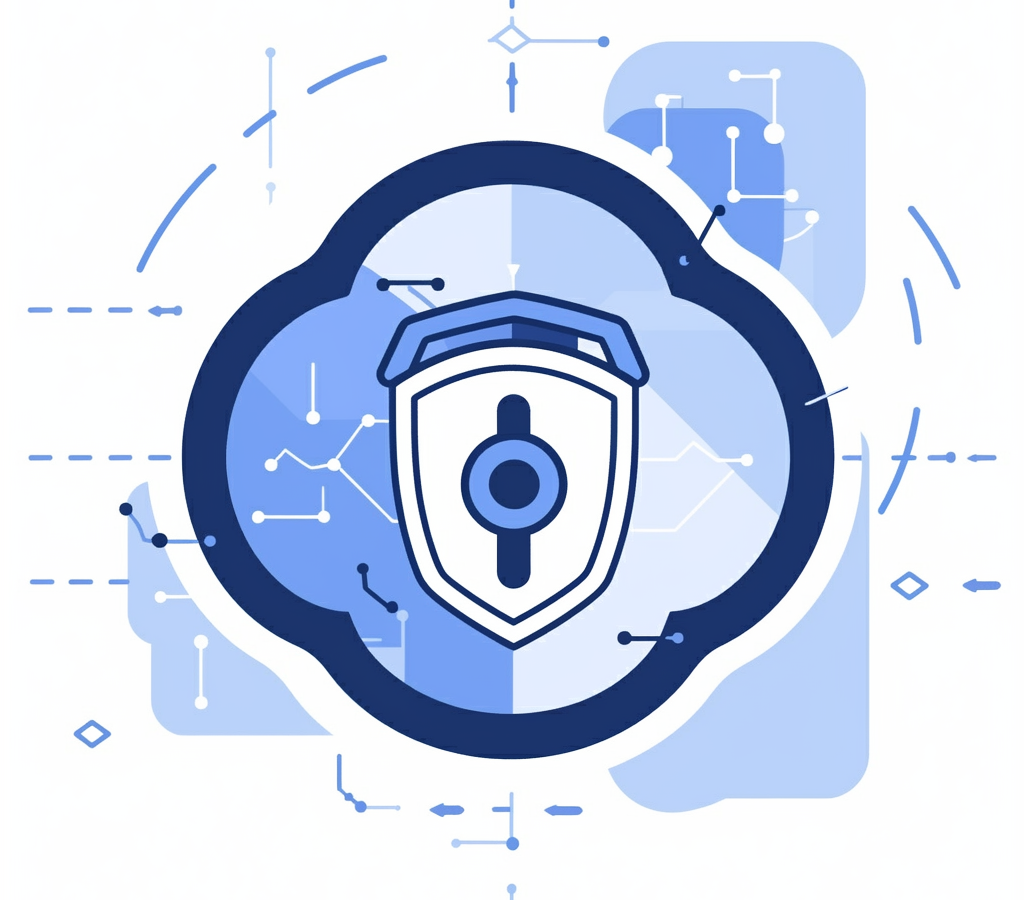
Encryption and VPNs: Securing Your Data
A Concise Guide to Encryption for VPN UsersEncryption is a crucial aspect of VPNs, ensuring your data remains secure and private while traversing the internet. This guide offers a concise overview of encryption in the context of VPNs and its importance for security and privacy.
What is Encryption?
Encryption is the process of converting readable data (plaintext) into an unreadable format (ciphertext) using a cryptographic algorithm. This process ensures that only authorized parties with the correct decryption key can access the original data, protecting it from unauthorized access and interception.
How VPNs Use Encryption
VPNs use encryption to secure your data as it travels between your device and the VPN server. This ensures that even if someone intercepts your data, they won't be able to read it without the decryption key. Encryption plays a critical role in maintaining your privacy and security online.
Common Encryption Algorithms Used by VPNs
VPNs employ various encryption algorithms to secure your data. Here are some of the most common ones:
AES is a widely used symmetric encryption algorithm that is considered to be highly secure. VPNs typically use AES-256, which provides a 256-bit key length, offering a high level of security.
2. ChaCha20
ChaCha20 is a stream cipher that provides high performance and strong security. It is often used in combination with the Poly1305 message authentication code to create the ChaCha20-Poly1305 encryption suite, which is used by some modern VPN protocols like WireGuard.
Key Exchange and Authentication Protocols
In addition to encryption algorithms, VPNs also use key exchange and authentication protocols to ensure a secure connection. Some common examples include:
The Diffie-Hellman protocol allows two parties to establish a shared secret key over an insecure communication channel. This key can then be used for encryption and decryption.
ECDH is a variant of the DH key exchange protocol that uses elliptic curve cryptography, providing stronger security and better performance.
3. RSA
RSA is a widely used public key cryptosystem for secure data transmission, often employed for authentication and key exchange in VPN connections.
4. ECDSA
ECDSA is an elliptic curve-based version of the Digital Signature Algorithm (DSA), used for digital signatures and authentication in VPN connections.
By understanding the basics of encryption and its role in VPN technology, you can better appreciate the importance of using a VPN to protect your online privacy and security.
Conclusion
In conclusion, encryption is a fundamental component of VPN technology, ensuring your data remains secure and private while using the internet. As cyber threats continue to evolve and data breaches become more prevalent, it has never been more important to take proactive measures to safeguard your online privacy and security.
When selecting a VPN service, it's essential to consider the encryption algorithms, key exchange, and authentication protocols they employ. A reputable VPN provider should offer strong encryption standards and be transparent about their security practices. By choosing a VPN with robust encryption and security features, you can browse the internet with confidence, knowing your data is well protected.
In today's digital world, encryption not only secures your data but also empowers you to take control of your online privacy. By using a VPN that employs strong encryption, you can maintain your privacy, bypass geo-restrictions, and access the open internet without worrying about unauthorized surveillance or data theft.
Investing in a VPN service that prioritizes encryption and security features is a wise decision for both individuals and businesses. As our reliance on the internet continues to grow, it's crucial to stay informed about the latest advancements in encryption technology and ensure your chosen VPN provider is committed to safeguarding your online privacy and security.